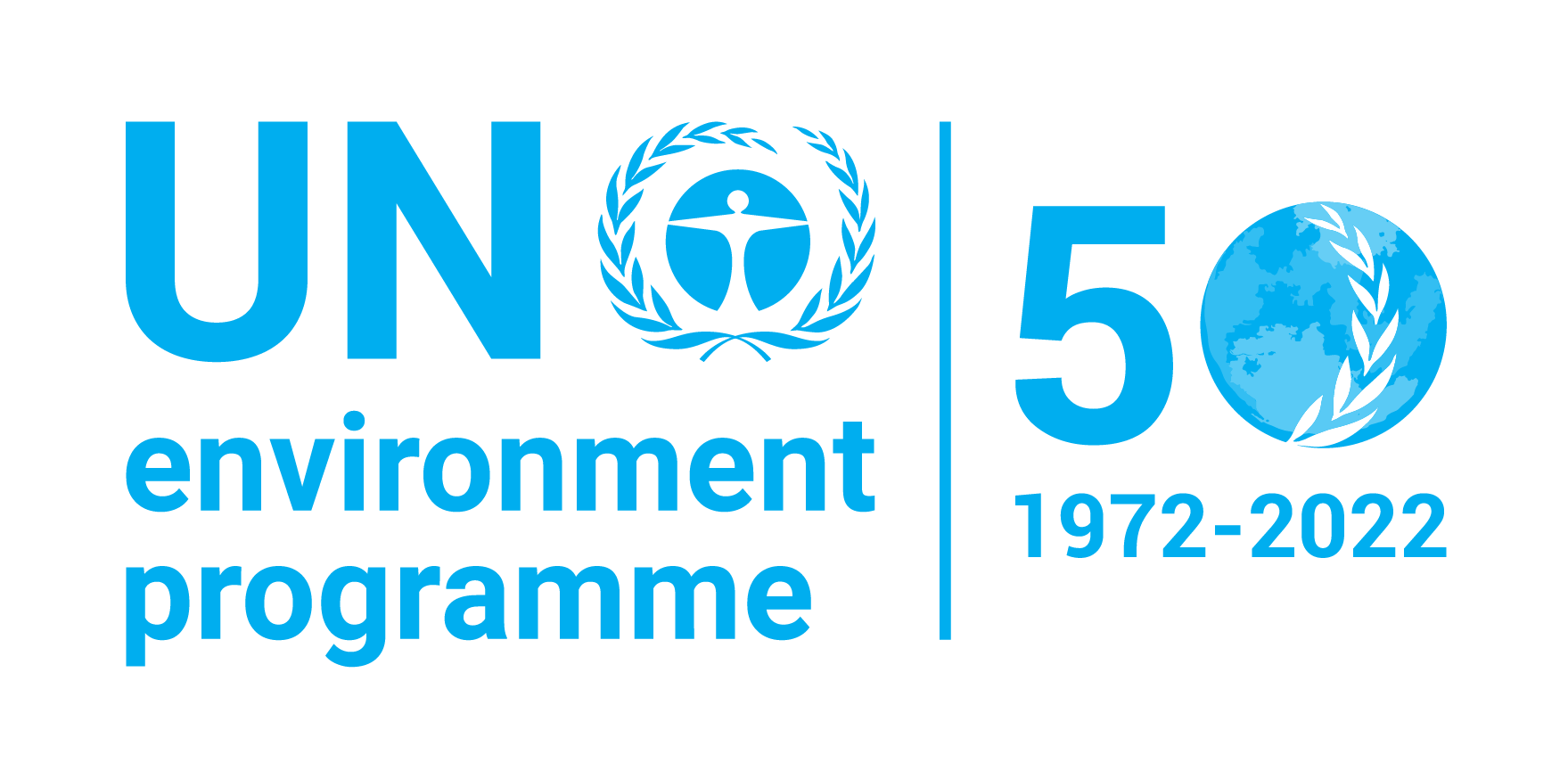| dc.contributor | Economy Division | |
| dc.contributor.author | United Nations Environment Programme | |
| dc.contributor.author | The Lowell Center for Sustainable Production | |
| dc.contributor.other | Global Mercury Partnership | |
| dc.contributor.other | Morose, G. | |
| dc.contributor.other | Lindberg, J. | |
| dc.date | 2011 | |
| dc.date.accessioned | 2016-12-29T11:33:29Z | |
| dc.date.available | 2016-12-29T11:33:29Z | |
| dc.date.issued | 2011 | |
| dc.identifier.uri | http://hdl.handle.net/20.500.11822/13871 | |
| dc.description | This report provides information from case studies of two firms involved with transitioning from mercury-containing to mercury-free products in the medical technology industry. One firm, American Diagnostic Corporation (ADC), is a manufacturer of diagnostic medical devices with operations in Hauppauge, New York, United States. The ADC study, which is more quantitative in nature, examines the company’s experience with sphygmomanometers and digital thermometers. The other participating firm, Rayovac Hearing Aid Battery Division, is a manufacturer of miniature batteries for the hearing instrument market with plant operations in Portage, Wisconsin, USA and Washington, United Kingdom. | |
| dc.description.uri | http://www.unep.org/chemicalsandwaste/Portals/9/Mercury/UNEP%20Economics%20of%20Conversion%20to%20Mercury-free%20Report%20Final%20102611_finaldraft_wAPP.pdf | |
| dc.format | Text | |
| dc.language | English | |
| dc.relation.ispartof | Mercury in Products | |
| dc.rights | Public | |
| dc.subject | MERCURY | |
| dc.subject.classification | Harmful Substances | |
| dc.subject.other | MERCURY | |
| dc.title | Economics of Conversion to Mercury-Free Products (US and EU experiences) | |
| dc.type | Reports and Books | |


